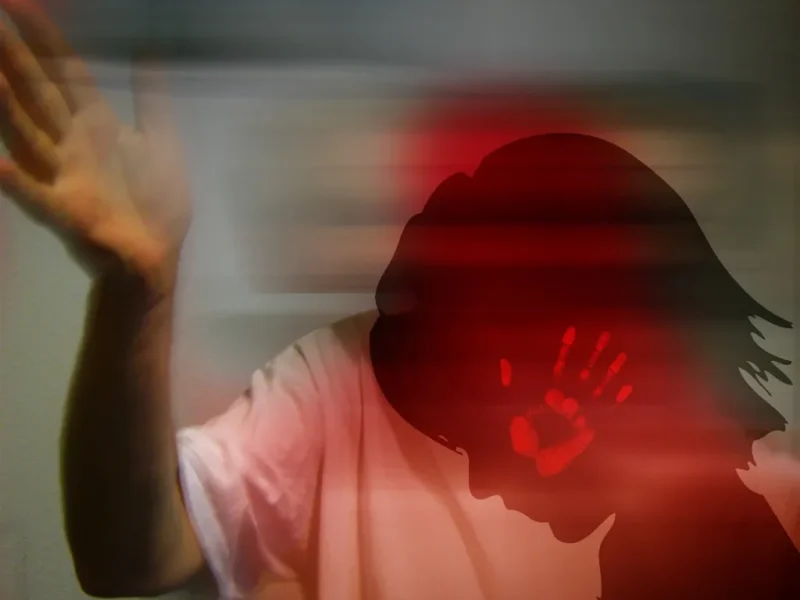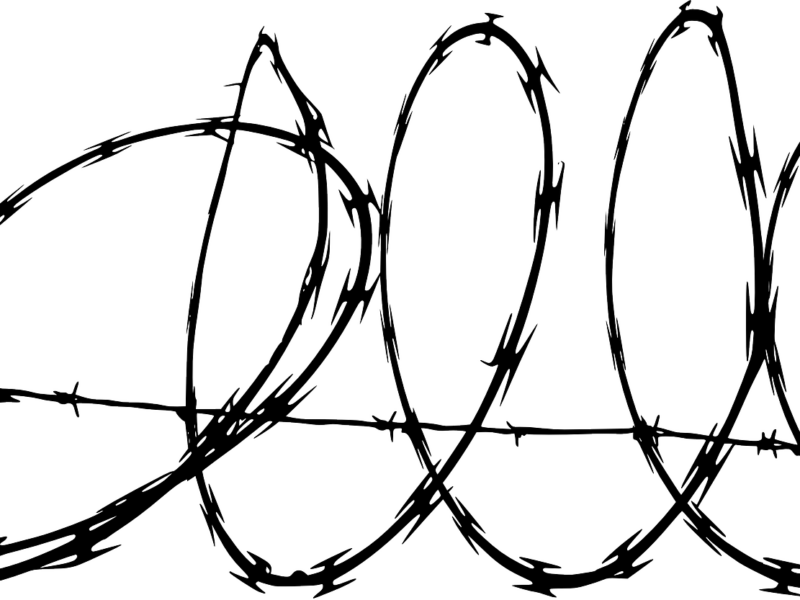The judiciary, as documented in the book, often navigates labyrinths of legal interpretation that are no longer understandable to the citizen. The ruthlessness of some prosecutors (as well as the powerlessness of dedicated prosecutors), the arbitrariness, and elitist ignorance of judges – all of this fosters deep disappointment among more and more citizens in the judiciary.
…
Critical citizens are confronted with a sort of judge oligarchy. Regardless of the fact that fortunately there are still many outstanding judicial personalities with expertise and human empathy, in recent years there has been a development of judges’ dominance over politics and people. From this increasing power, an unbearable self-importance and self-righteousness have emerged.
…
Additionally, there is the significant problem that judges are not subject to sufficient oversight.
…
The central problem is the political independence or dependence of the judiciary. … An independent judiciary simultaneously means a qualified judiciary that takes into account new societal developments. In Bavaria, the so-called turnover speed of criminal proceedings is used as a tool to stall lengthy procedures. The faster a proceeding is concluded, the better the justice minister can boast about how well his department functions. This turns the principle of legality into a farce.
In Germany, instead of conducting a trial,
Bundesverfassungsrichter a.D. Prof. Willi Geiger
one might as well roll the dice.
With every change of government, whether at the state or federal level, the legal culture also changes as the new political decision-makers do everything in their power to instrumentalize the judiciary and bring it under political control. At the forefront of this instrumentalization is the Office of the Attorney General.
…
Instructions to prosecutors occur in various ways. There are the popular hidden internal directives that are not documented, or the influence exerted during internal meetings.
That should indeed give everyone pause for thought. But who is really thinking about it here?
It is particularly urgent that the prevalent system of turning a blind eye, favoritism, and willingness to serve the political class within the judicial apparatus is fundamentally broken and overcome.
…
More and more citizens refuse to accept the silence surrounding the crisis, under which they suffer solely because they are victims.
…
The judicial system itself cannot overcome its deep structural crisis alone to regain trust in society. Critical citizens are called upon to take a closer look and to resist. They must exert massive pressure on the respective responsible political decision-makers. Greater transparency and self-criticism within the judiciary are also essential prerequisites for change.
…
It is not least the courage of those citizens who, time and again, successfully resist against this system of arbitrariness and corruption, thereby revealing its abysses; this courage and determination can and must be a reason for every ‘guardian of the rule of law’ to finally reflect and rethink.
This text is from the book: ‘Anklage unerwünscht – Korruption und Willkür in der deutschen Justiz’ von Jürgen Roth, Rainer Nübel and Rainer Fromm.

Where injustice becomes law, resistance becomes duty.
Bertolt Brecht







